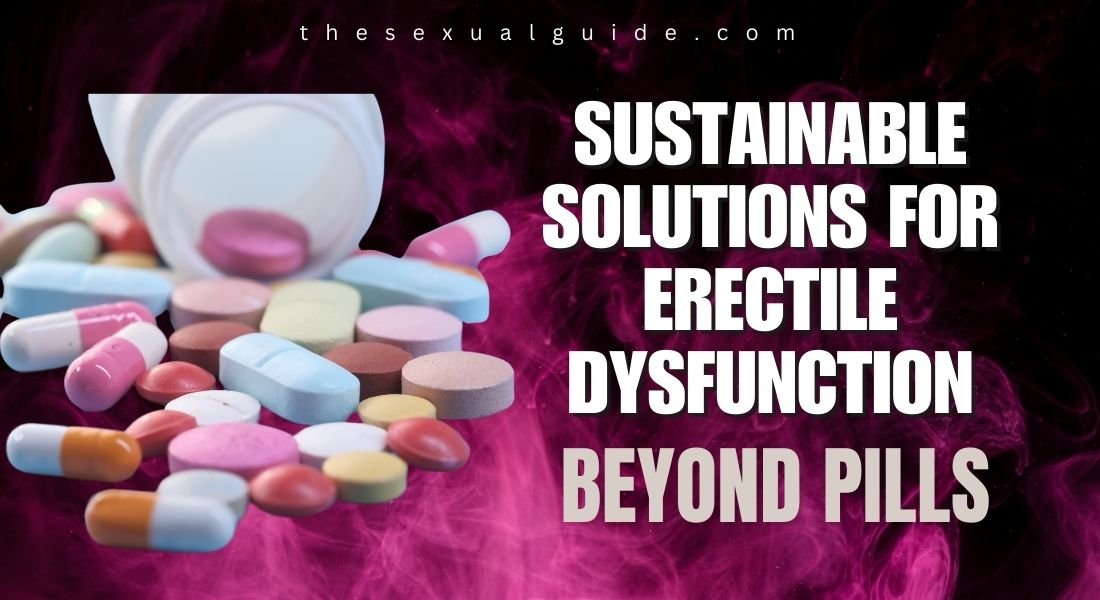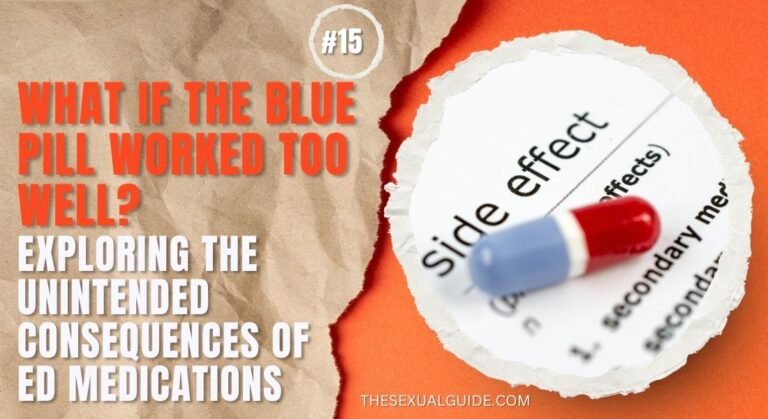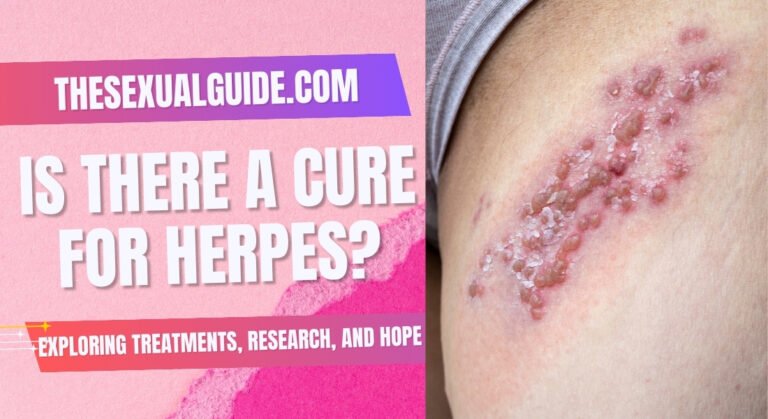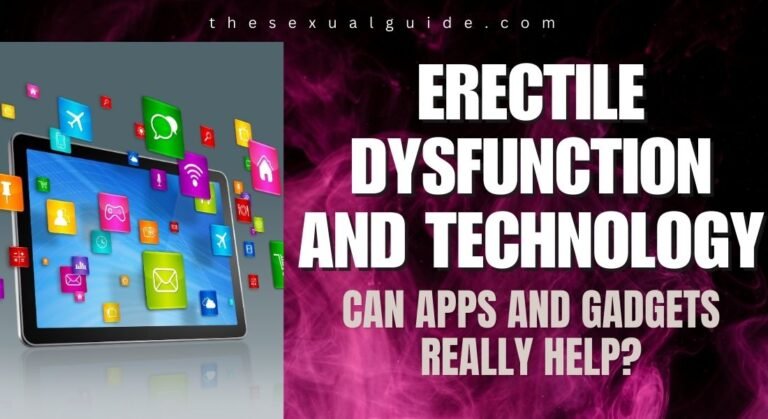Erectile dysfunction (ED) affects many men worldwide, impacting self-esteem and relationships.
While medications like Viagra are common treatments, they may not be suitable for everyone.
This article explores sustainable, non-pharmaceutical approaches to managing ED, focusing on lifestyle changes, dietary adjustments, and alternative therapies.
Understanding Erectile Dysfunction
ED is the inability to achieve or maintain an erection sufficient for sexual activity.
Causes can be physical, psychological, or a combination of both.
Physical causes include cardiovascular diseases, diabetes, and hormonal imbalances.
Psychological factors encompass stress, anxiety, and depression.
Lifestyle Changes
- Regular Exercise
Engaging in physical activity improves blood circulation, reduces stress, and enhances overall health. A Harvard study found that just 30 minutes of walking daily can reduce the risk of ED by 41%. - Healthy Diet
A balanced diet rich in fruits, vegetables, whole grains, and lean proteins supports vascular health. Diets like the Mediterranean diet have been linked to improved erectile function. - Weight Management
Maintaining a healthy weight reduces the risk of conditions like diabetes and hypertension, which can contribute to ED. Obesity increases the risk of ED due to factors like high cholesterol and blood pressure. - Stress Reduction
Managing stress through mindfulness, meditation, or therapy can alleviate psychological factors contributing to ED.
Alternative Therapies
- Herbal Supplements
Some herbs have been studied for their potential to improve erectile function:- Panax Ginseng: May enhance sexual function.
- L-Arginine: An amino acid that may improve blood flow.
- Propionyl-L-Carnitine: May improve erectile function when combined with sildenafil.
- DHEA: A hormone that may help with ED linked to high blood pressure.
- Yohimbe: An herb that may improve ED but has potential side effects.
- Ginkgo: May boost blood flow to the penis but lacks sufficient evidence for ED.
- Horny Goat Weed: May improve sexual performance but lacks sufficient evidence for ED.
- Consult with a healthcare provider before using these supplements to ensure safety and effectiveness.
- Acupuncture
Traditional Chinese medicine, including acupuncture, has been explored as a treatment for ED. Some studies suggest it may improve erectile function by activating certain pathways in the body. - Vacuum Erection Devices (VEDs)
VEDs draw blood into the penis using suction, creating an erection. A tension ring is then placed at the base to maintain the erection. This method is non-invasive and can be effective for many men. - Penile Injections
Injecting medication directly into the penis can improve blood flow and induce an erection. While effective, this method requires proper training and may not be suitable for everyone. - Testosterone Replacement Therapy
For men with low testosterone levels, hormone replacement therapy may help improve erectile function. It’s important to consult with a healthcare provider to determine if this is an appropriate option.
Psychological Support
Addressing psychological factors is crucial:
- Counseling: Therapy can help manage stress, anxiety, and depression contributing to ED.
- Open Communication: Discussing concerns with a partner can reduce performance anxiety and strengthen the relationship.
Conclusion
Erectile dysfunction is a multifaceted condition with various treatment options beyond medication.
Lifestyle modifications, alternative therapies, and psychological support can play significant roles in managing ED.
It’s essential to consult with a healthcare provider to determine the most appropriate and sustainable approach for individual needs.
Call to Action: Want to learn more?
Visit LibidoDepot for trusted solutions to enhance your sexual health.
Frequently Asked Questions (FAQs) – Sustainable Solutions for ED: Natural, Lasting Alternatives to the Blue Pill
1. What are the most effective non-pill solutions for treating erectile dysfunction long-term?
Sustainable approaches include:
Pelvic floor physical therapy (to strengthen key erection muscles)
Aerobic and resistance exercise (to improve blood flow and testosterone)
Nutrient-rich diets (Mediterranean or heart-healthy plans)
Stress-reduction techniques like meditation, therapy, or breathwork
These address root causes, not just symptoms and support overall sexual vitality.
2. Can lifestyle changes really reverse or significantly improve ED?
Yes, especially in cases related to poor circulation, obesity, diabetes, or stress. Studies show that regular exercise, weight loss, better sleep, and quitting smoking can improve erectile function naturally, sometimes to the point where pills are no longer needed.
3. Are there alternative therapies that work for ED without medication?
Yes. Acupuncture, low-intensity shockwave therapy, testosterone optimization, and psychosexual therapy are increasingly popular options. These methods aim to restore natural function by improving blood flow, reducing anxiety, or rebalancing hormones, often with fewer side effects than pharmaceuticals.
4. How can I build a sustainable ED treatment plan with long-term success?
A sustainable plan focuses on root-cause healing, not just quick fixes. Start by:
Getting a full medical and hormonal evaluation
Incorporating regular physical activity and a nutrient-dense diet
Managing mental health and relationship dynamics
Exploring non-invasive therapies like shockwave or pelvic rehab
Partnering with a health professional who specializes in men’s sexual health can personalize your journey and increase your chances of lasting success.
References
- Dietary supplements for erectile dysfunction: A natural treatment for ED
- Treating Erectile Dysfunction: 5 Options Beyond ED Pills
- Dietary supplements for erectile dysfunction: A natural approach.
- Traditional Chinese medical therapy for erectile dysfunction.
- Northwestern Medicine. (2023). Can you cure erectile dysfunction?
- Medical News Today. (2023). Herbs for erectile dysfunction: Options, benefits, and research.






